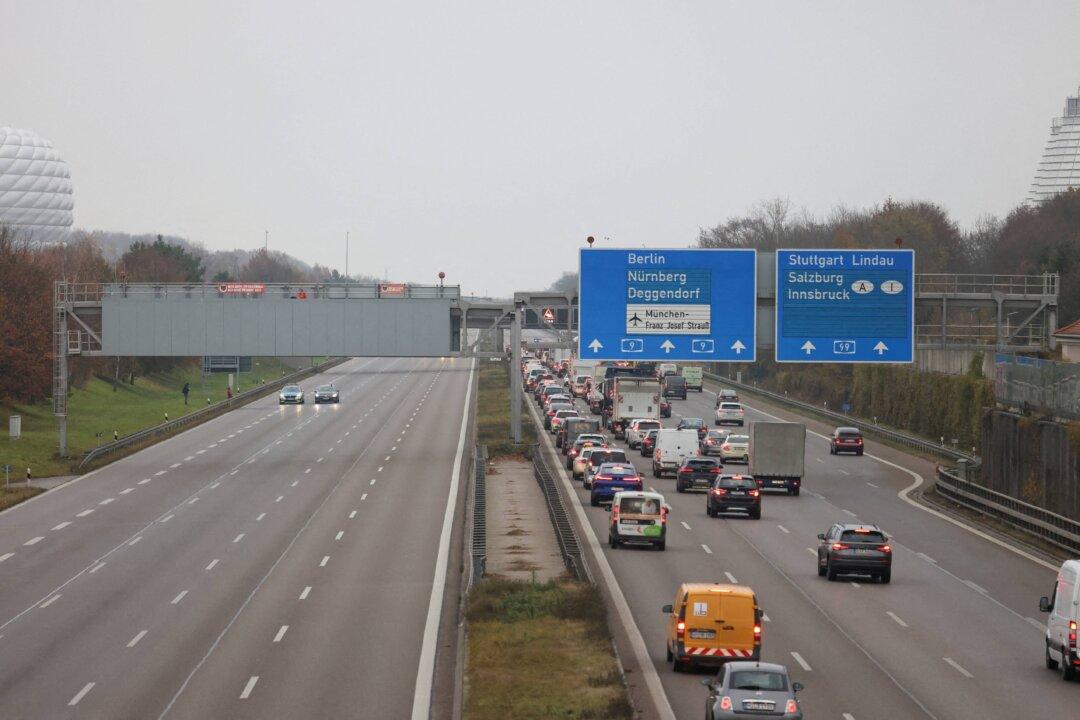The political department of Germany’s public prosecutor’s office conducted a search in seven states on Dec. 13 at locations that have ties with the climate activist group “Last Generation.”
The group is being investigated because of “the initial suspicion of forming or supporting a criminal organization, disruption of public services, trespassing, and coercion,” senior public prosecutor Cyrill Klement told Der Spiegel, while adding that a “low, double-digit number of people” would be accused. There have been no arrests reported.





